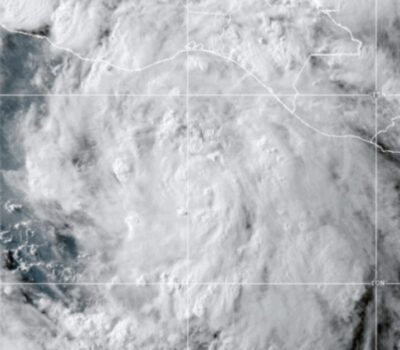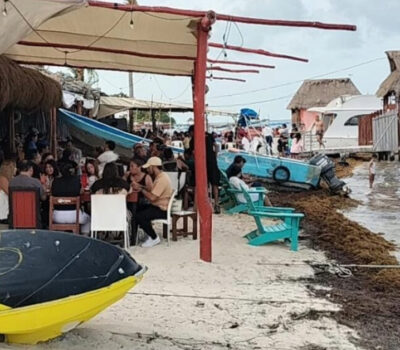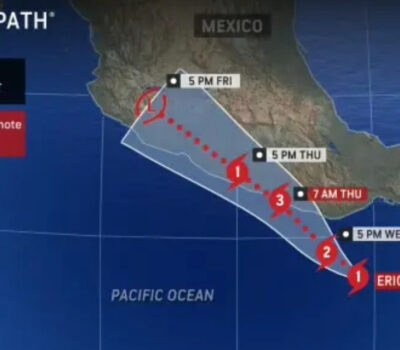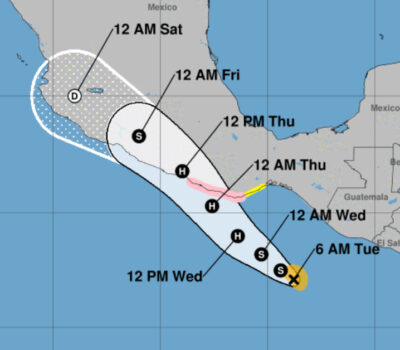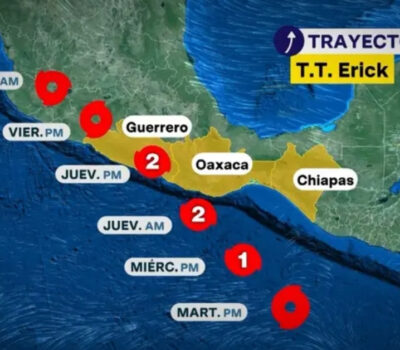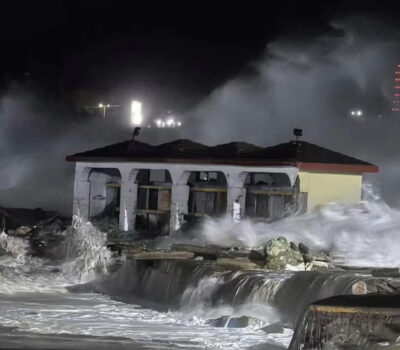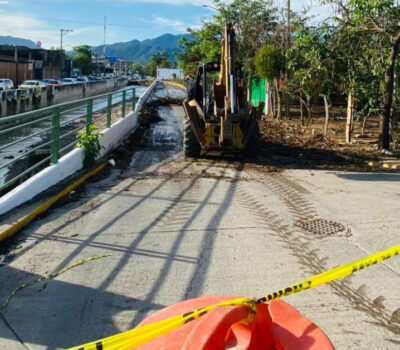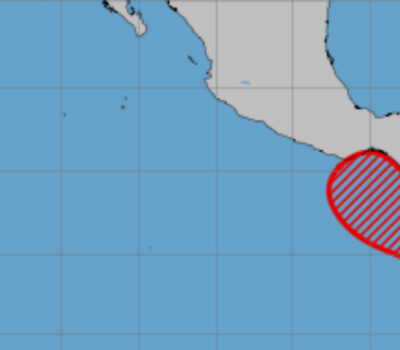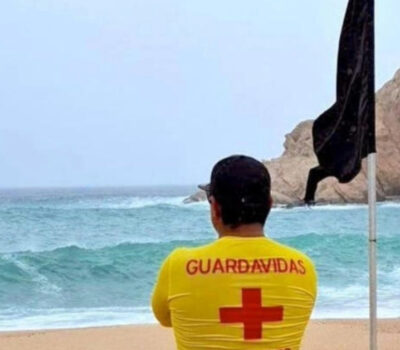CNET warns of high hotel fraud risks ahead of the 2026 World Cup in Mexico, urging the government to implement a digital verification system for accommodations.
With Mexico set to welcome millions of tourists as one of three host nations for the 2026 FIFA World Cup, tourism leaders are sounding the alarm over a looming threat: hotel fraud.
Braulio Arsuaga, president of the National Tourism Business Council (CNET), warned that the country’s outdated manual system for listing accommodations in the National Tourism Registry creates fertile ground for scammers to exploit tourists.
“There could be a lot of fraud in hosting ahead of the World Cup,” Arsuaga said during a virtual press conference, calling on the federal government to adopt a more robust digital strategy to protect travelers.
Mexico expects to receive at least 5 million visitors during the month-long global sporting event, which kicks off in June 2026. As match schedules bring fans to various cities, including Mexico City, Monterrey, and Guadalajara, the demand for accommodation is expected to surge beyond the capacity of the traditional hotel sector.
According to Arsuaga, that shortfall will inevitably be filled by short-term rental platforms such as Airbnb, many of which are not currently subject to thorough oversight or official verification. The absence of safeguards raises the risk of fraudulent listings, he said, which could leave tourists stranded or scammed out of thousands of dollars.
The CNET president pointed out that existing technology within the country could be leveraged to create a digital accommodation registration system that allows officials and travelers alike to verify whether a hotel or rental listing is legitimate.
Arsuaga emphasized that such a system must be implemented on the national tourism platform to ensure that all listings are properly vetted. “This isn’t just about protecting the image of Mexico during the World Cup,” he said. “It’s about making sure tourists don’t fall victim to criminal activity.”
While hotels and traditional accommodations typically undergo some level of inspection or bureaucratic vetting, the manual registration model currently used by the National Tourism Registry makes it easier for illegitimate operators to pose as trustworthy hosts.
Mexico City, one of the tournament’s host cities, is especially vulnerable. It simply does not have the hotel capacity to accommodate the expected influx of tourists. The city will rely heavily on alternative lodging options, placing even more importance on regulating and verifying short-term rental listings.
CNET is urging the federal government, specifically the Office of Digital Transformation, to collaborate on developing and implementing a verification model. The proposed system would aim to reduce fraud while ensuring a smooth, secure experience for visiting fans.
“We need to be proactive,” Arsuaga said. “A digital validation process can help filter out bad actors and assure visitors they are booking safe, legitimate accommodations.”
With less than a year before the World Cup promotional cycle intensifies and bookings begin in earnest, industry leaders argue that the time to act is now. Delaying technological updates could damage Mexico’s reputation and leave tourists vulnerable to scams.
The call for reform comes as part of a broader push by Mexico’s tourism sector to modernize and digitize key infrastructure in advance of the World Cup. Stakeholders hope to use the international event as both a showcase and a stress test for tourism systems—though doing so requires swift government cooperation.
As the countdown to 2026 continues, whether officials respond in time may determine not just the success of the tournament for Mexico, but also its safety and credibility in the eyes of global travelers.
CNET warns of high hotel fraud risks ahead of the 2026 World Cup in Mexico, urging the government to implement a digital . . .


